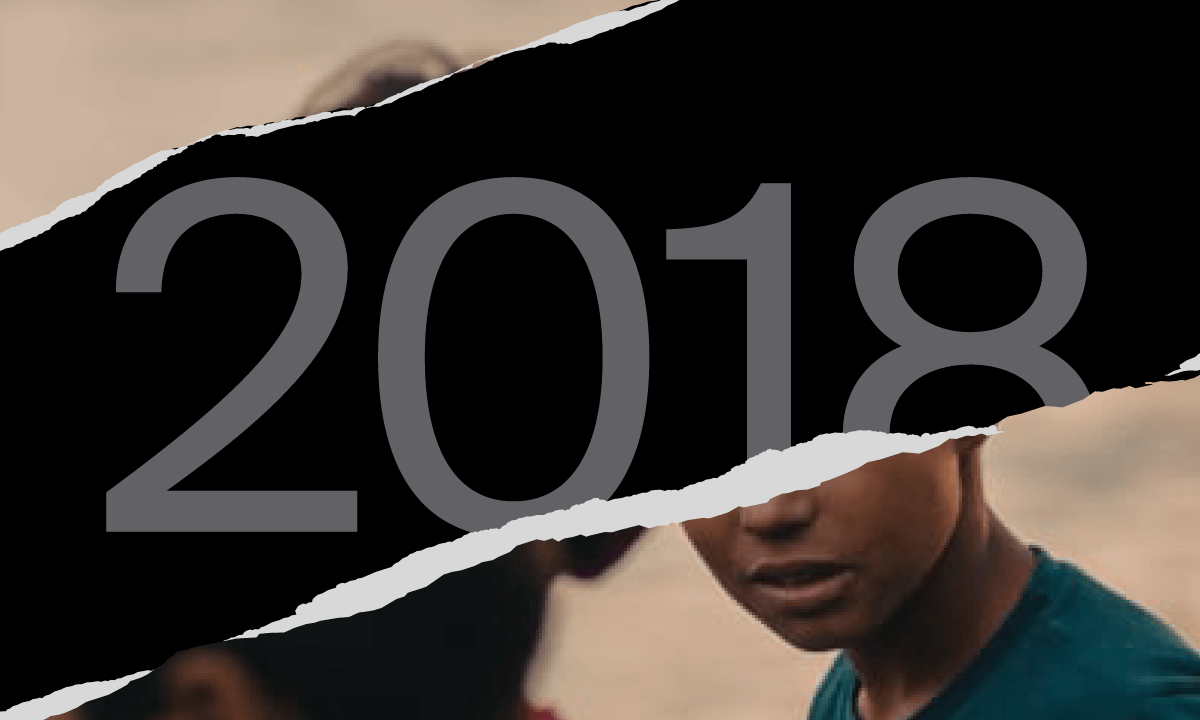The cinema is going to school in Italy with the “Piano nazionale cinema per la scuola”, a National Plan to bring cinema into schools: the project will have a special seminar devoted to this issue and three calls to develop teaching programs.
Italian schools have never introduced multimedia, audiovisual and image editing in their classes before. Or to better say, they might have had an approach to these fields, but it has never been considered within a teaching program recognized by the central government. But all this could change. And indeed, it will change. The Cinema will no longer be limited to the teacher’s passions, or to film forums, but it will also receive a greater recognition thanks to the National Plan to bring cinema into schools. What is the purpose of this? The general objective is to provide students with the tools to read, decode and be aware of the flow of images to which they are continuously exposed, often even unconsciously.
The calls for the implementation of the National Plan to bring cinema into schools will be applied as it follows: there will be two measures to be quickly implemented, one being an annual seminar in which the cinema will be officially introduced in the schools, followed by a €24 million funding that will be distributed into three calls, to support and promote the teaching and educational study of the audiovisual sector. The first €17 million call is aimed at creative activities following four lines of action: a training plan for the teaching of film language; Cinema and school 2030; School and film labs; “Misplaced Visions”. The second call, with a €6 million budget, will be devoted to good practices, film reviews and festivals. Finally, the third call will focus on the development of a communication plan and a web platform to promote cinematographic and audiovisual culture, with resources worth €700 thousand.
The first measure planned, a national seminar on image education, took place in Rome on April the 17th and 18th, 2018 at the Nuovo Cinema Sacher and the Spazio WEGIL exhibition area, with the participation of the Minister of Education, University and Research, Valeria Fedeli, the Minister of Cultural Heritage and Activities and Tourism, Dario Franceschini, the General Director for Cinema (MiBACT), Nicola Borrelli, and the President of ANICA (the National Association of Cinematographic Audiovisual and Multimedia), Francesco Rutelli. At the same time, many actors and filmmakers like Carlo Verdone, Paola Cortellesi, and Edoardo Leo also took part in the event.

